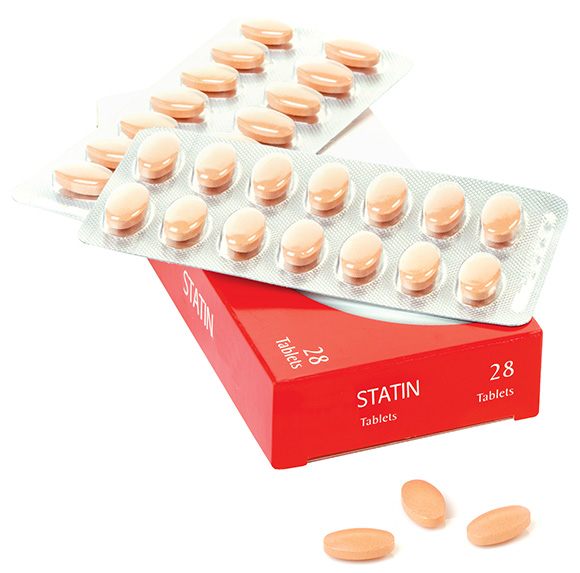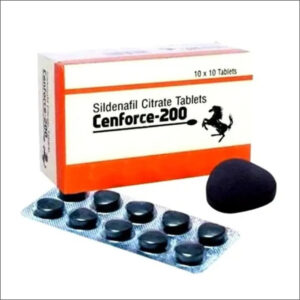Cholesterol management is a critical aspect of cardiovascular health, as high cholesterol levels can lead to serious conditions such as heart disease, stroke, and atherosclerosis. Statins have long been the gold standard for lowering cholesterol, primarily by inhibiting the enzyme HMG-CoA reductase, which plays a crucial role in cholesterol synthesis in the liver. However, recent studies suggest that combining statins with another cholesterol-lowering drug, ezetimibe, can provide even better results in reducing low-density lipoprotein (LDL) cholesterol levels, commonly known as “bad cholesterol.”
Understanding Statins and Their Role in Cholesterol Management
Statins, such as atorvastatin, simvastatin, and rosuvastatin, work by blocking cholesterol production in the liver. They effectively lower LDL cholesterol and reduce the risk of cardiovascular events. Statins also offer anti-inflammatory benefits, making them a widely prescribed medication for individuals with high cholesterol, those at risk of heart disease, or those who have already experienced a heart attack or stroke.
Despite their effectiveness, some patients do not achieve optimal LDL reduction with statins alone. Additionally, high doses of statins can lead to side effects, such as muscle pain, liver abnormalities, and increased risk of diabetes. For this reason, researchers have explored alternative or complementary treatments to enhance cholesterol reduction while minimizing side effects.
What is Ezetimibe and How Does It Work?
Ezetimibe is a cholesterol-lowering drug that works differently from statins. Instead of inhibiting cholesterol production, it blocks cholesterol absorption in the small intestine, thereby reducing the amount of cholesterol entering the bloodstream. This unique mechanism makes ezetimibe an excellent addition to statin therapy, as it targets cholesterol from a different pathway.

The Benefits of Combining Statins with Ezetimibe
Several clinical trials and studies have shown that a combination of statins and ezetimibe leads to significantly greater reductions in LDL cholesterol compared to statins alone. Some of the key advantages of this combination therapy include:
Greater Reduction in LDL Cholesterol
Studies indicate that adding ezetimibe to a statin regimen can lower LDL cholesterol levels by an additional 15-25% beyond what statins alone can achieve. This is particularly beneficial for individuals who need aggressive cholesterol reduction, such as those with familial hypercholesterolemia or a history of cardiovascular disease.Lower Risk of Cardiovascular Events
Research, including the IMPROVE-IT (Improved Reduction of Outcomes: Vytorin Efficacy International Trial) study, has shown that patients receiving simvastatin plus ezetimibe experienced a lower incidence of heart attacks, strokes, and other cardiovascular complications compared to those on statins alone.Reduced Statin Dosage and Side Effects
Because ezetimibe enhances cholesterol reduction, patients may achieve their target LDL levels with a lower dose of statins. This can be beneficial for those who experience statin-related side effects such as muscle pain (myopathy) or liver enzyme abnormalities.Better Tolerability for High-Risk Patients
Some patients, such as the elderly or those with multiple health conditions, may not tolerate high-dose statins well. The combination therapy provides an alternative approach that is effective yet better tolerated.
Who Can Benefit from Statin-Ezetimibe Combination Therapy?
This combination therapy is particularly useful for:
Patients who do not achieve their cholesterol targets with statins alone
Individuals with high cardiovascular risk, including those with prior heart attacks or strokes
Those with statin intolerance or side effects
Patients with genetic conditions like familial hypercholesterolemia
Conclusion
The combination of statins and ezetimibe represents an advanced and effective strategy for managing high cholesterol, especially in patients who require aggressive lipid control. By using two different mechanisms to reduce cholesterol, this approach not only improves LDL reduction but also helps lower cardiovascular risks more effectively than statins alone. With ongoing research, this dual therapy may become a standard treatment for patients struggling to achieve optimal cholesterol levels while minimizing side effects.
Our Products
-
Viagra 200MG
$1.50 / Per Pill
-
Gabapentin 300 MG
$1.00 / Per Pill
-
Gabapentin 600MG
$1.50 / Per Pill





